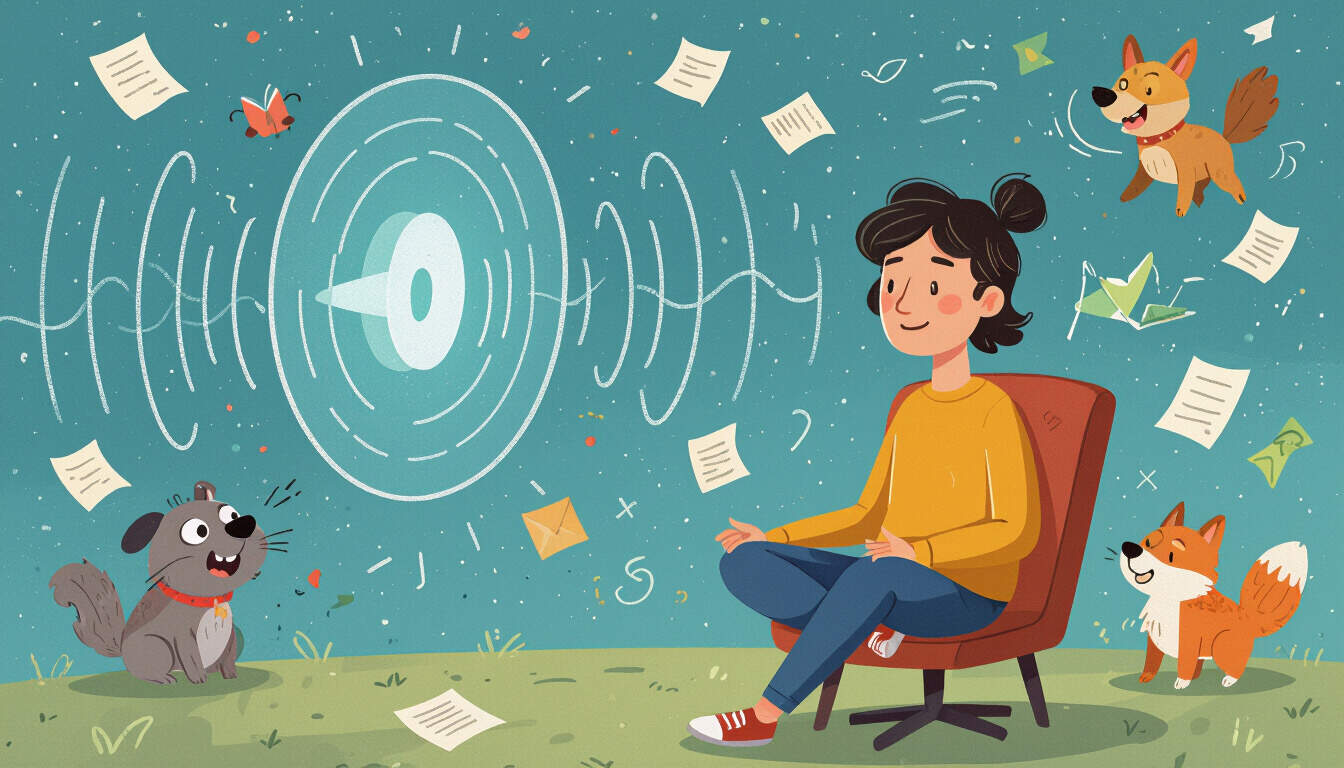Strategies for Maintaining Focus in Noisy Settings
 by Shanie Goodwin
by Shanie Goodwin
Discover practical ways to achieve mental clarity and enhance focus amidst distractions. Learn simple mindfulness techniques and habits that help busy professionals and students stay productive in challenging environments, leading to better personal growth.

Many people face challenges when trying to concentrate in settings filled with distractions. This can affect daily productivity and overall well-being. For those seeking self-improvement, finding ways to maintain focus becomes essential.
People often encounter noise from traffic, conversations, or digital devices. Such interruptions can disrupt thoughts and make tasks feel overwhelming. Recognizing this issue is the first step toward better mental clarity.
One effective approach involves incorporating mindfulness practices into daily routines. By pausing to breathe deeply and observe surroundings without judgment, individuals can train their minds to filter out unnecessary stimuli. This method helps build resilience against external chaos.
Consider the benefits for students during study sessions. In shared spaces like dorms or libraries, unwanted sounds can hinder learning. Simple adjustments, such as using earplugs or finding a quieter corner, can make a difference. Combined with mindfulness, these changes lead to improved retention and reduced stress.
For busy professionals, maintaining focus in open offices is common. Techniques like short breaks for mental resets prove helpful. During these moments, one might close their eyes and concentrate on their breath, allowing the mind to recalibrate.
Building Habits for Long-Term Clarity
Developing consistent habits plays a key role in personal development. Start with setting aside dedicated time each day for quiet reflection. This could be as little as five minutes in the morning to center oneself before the day begins.
Lists of strategies can guide this process:
- Practice deep breathing exercises to steady the mind.
- Use timers to create focused work periods, followed by brief rests.
- Engage in physical activity, like walking, to clear mental fog.
These habits not only aid in noisy environments but also contribute to overall growth. Over time, they foster a sense of calm that extends beyond immediate situations.
The Role of Environment in Enhancing Concentration
Adjusting one's surroundings can significantly impact mindfulness. For instance, positioning a desk away from high-traffic areas reduces exposure to disturbances. Adding elements like plants or soft lighting creates a more soothing atmosphere.
In shared living spaces, communication is vital. Discussing needs with roommates or colleagues ensures mutual respect for quiet times. This collaborative effort strengthens relationships while supporting individual goals.
Personal experiences highlight the value of these adjustments. Someone working from home might use noise-cancelling headphones during calls, allowing them to engage fully without external interference.
Overcoming Common Obstacles
Distractions often stem from internal factors as well, such as wandering thoughts. Addressing this requires gentle self-awareness. When the mind drifts, acknowledging it without frustration and gently redirecting attention back to the task at hand is crucial.
Tracking progress through journals can provide insight. Note what works and what doesn't, then refine approaches accordingly. This reflective practice encourages continuous improvement and reinforces positive behaviors.
For students preparing for exams, combining these techniques with structured study plans yields better results. Allocating specific times for review in less noisy periods maximizes efficiency.
Integrating Mindfulness into Everyday Life
Beyond specific strategies, weaving mindfulness into daily activities enhances overall focus. While eating, for example, pay attention to the flavors and textures, which trains the mind to stay present.
This integration supports long-term personal development by building emotional resilience. Individuals who practice regularly report feeling more equipped to handle life's demands, leading to greater satisfaction.
In conclusion, achieving focus in noisy environments is attainable through consistent effort and simple techniques. By prioritizing mental clarity and adopting supportive habits, anyone can experience meaningful growth and improved productivity.
